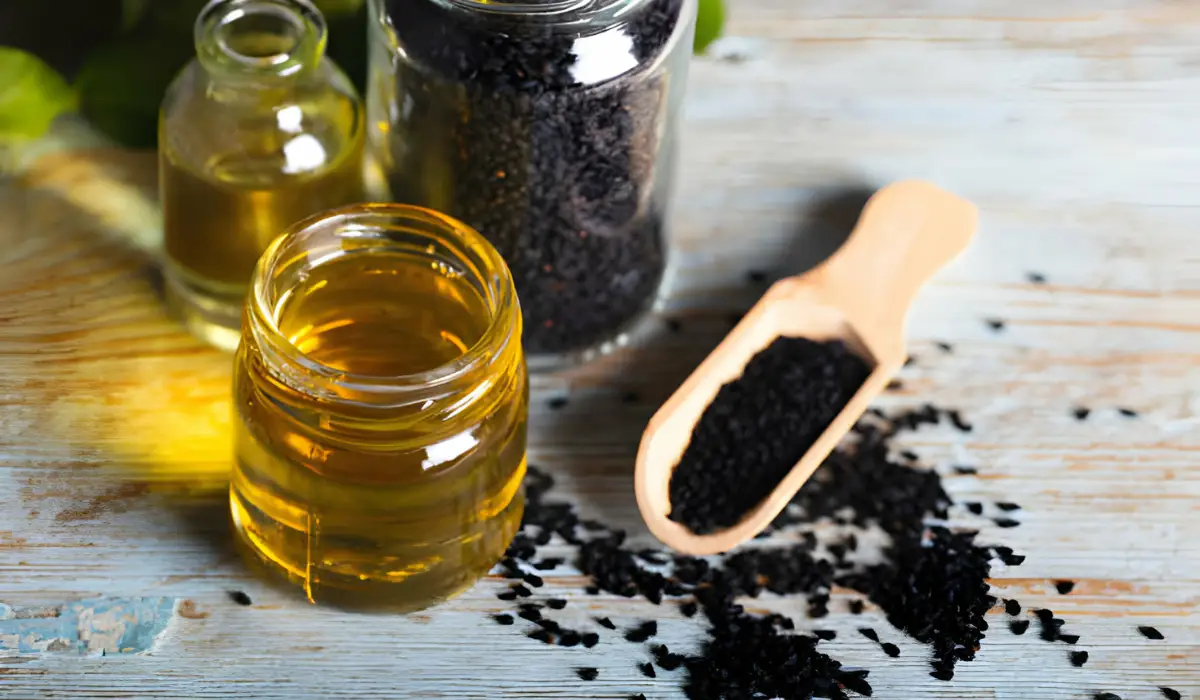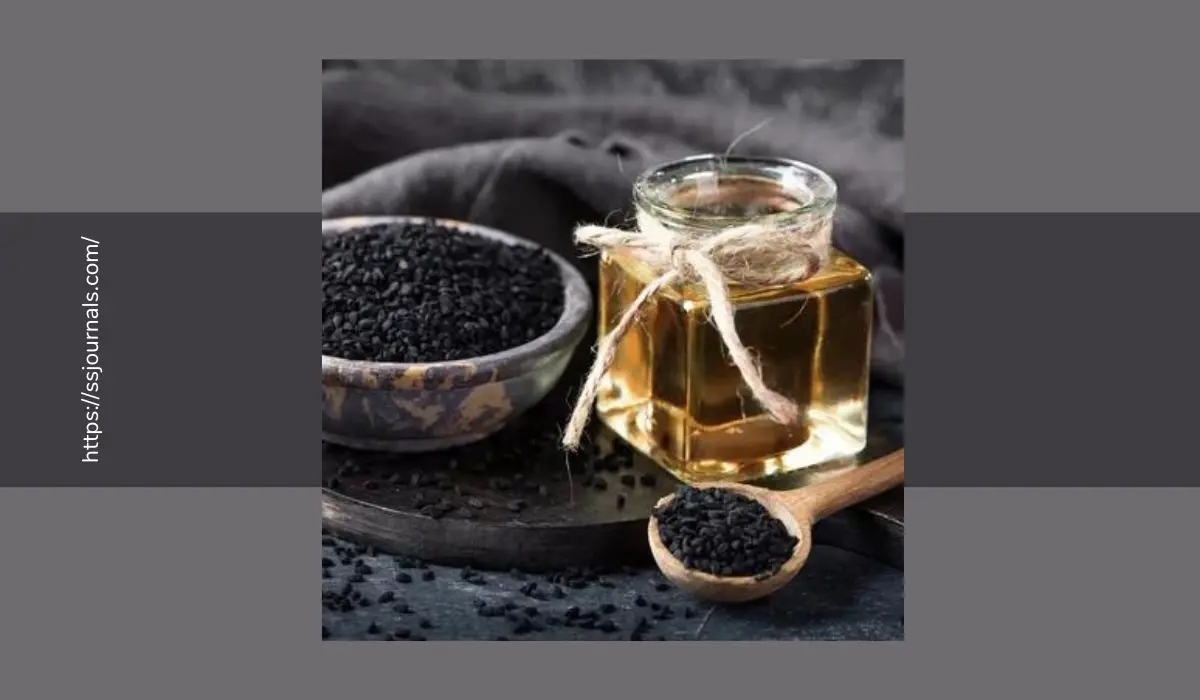Black seed oil, also known as black cumin seed oil, is derived from the seeds of the Nigella sativa plant. It has been used for centuries in traditional medicine due to its many proposed health benefits. One form of black seed oil that has been gaining popularity recently is cold-pressed black seed oil, which some tout for its benefits including cold-pressed black seed oil for weight loss. So what is cold-pressed black seed oil good for?
As the name suggests, cold-pressed black seed oil is extracted from black seeds through cold pressing, without the use of heat or chemicals. This allows the oil to retain more of its natural properties and compounds compared to other extraction methods. Proponents claim that cold-pressed black seed oil is superior in terms of health benefits.
In this article, we will take a closer look at cold-pressed black seed oil, its proposed benefits, proper dosage, and potential side effects. With rising interest in natural remedies, cold-pressed black seed oil seems worth exploring. Read on to learn more and decide if integrating this oil into your routine may be right for you.
Benefits of Cold-Pressed Black Seed Oil

There are many proposed benefits of using cold-pressed black seed oil. Here are some of the main health benefits that proponents claim:
Weight Loss
Some of the most popular claims around cold pressed black seed oil relate to weight loss. The thymoquinone found in black seed oil may help reduce appetite and control food cravings. Black seed oil also contains antioxidant compounds that could support a healthy metabolism.
Immune Health
The antioxidants, amino acids, and omega fatty acids found in cold-pressed black seed oil may help strengthen the immune system. Test tube studies have found black seed oil to exhibit antimicrobial activity against various pathogens.
Human studies also indicate black seed oil may reduce the severity and duration of illnesses. Supplementing when you first feel sick may help you fight off the illness faster.
Anti-Inflammatory Effects
Chronic inflammation contributes to many common health conditions. The powerful antioxidants found in cold-pressed black seed oil can help fight inflammation. Thymoquinone has also exhibited anti-inflammatory effects comparable to prescription medications in some studies. Reducing levels of inflammation in the body could have wide-ranging protective effects among the many cold-pressed black seed oil benefits.
Skin Health
Applying black seed oil topically could calm skin inflammation, fight infections, and even combat acne. The antioxidants in black seed oil may also help slow aging by combatting free radical damage. Early research has found applying creams with Nigella sativa extract reduced signs of aging in Asian women after 6 weeks.
Heart Health
A healthy heart relies on controlling cholesterol levels and blood pressure within normal ranges, as well as reducing oxidative stress and inflammation. As cold-pressed black seed oil has demonstrated positive effects on all these markers in studies, it shows promise for improving heart health.
Dosage Recommendations
Currently, there are no official dosage recommendations for cold-pressed black seed oil. Research studying the benefits of black seed oil uses varying amounts, from as little as 1 gram to up to 3 grams daily. Some general dosage suggestions include:
- 1 teaspoon per day for general wellness
- 1-3 teaspoons per day for targeting specific health conditions
- Consult an herbalist or naturopathic doctor for condition-specific dosage guidance
When consuming the oil, it’s best taken with meals to maximize absorption. You can add it to salads, rice dishes, yogurts, and more. Start with a low dose to assess your tolerance before increasing how much you take.
It’s also possible to use black seed oil topically to benefit skin and hair health by massaging it into the skin and scalp. Always patch test on a small area first to check for allergic reactions or irritation.
Potential Side Effects and Safety
Cold-pressed black seed oil is generally very well tolerated, especially when used for short durations. Reported side effects are rare, but can include:
- Upset stomach or diarrhea
- Allergic reactions
- Headaches
- Rash (from topical use)
Check with your doctor before using black seed oil if you:
- Are pregnant or breastfeeding
- Have diabetes or low blood pressure
- Are undergoing surgery soon
- Take medication for a health condition
Black seed oil may potentially interact with medications including antibiotics, blood pressure, antihistamines, stomach acid drugs, and more. Stop using black seed oil at least 2 weeks before any scheduled surgery.
As with any supplement, it’s a good idea to take a break every few months to give your body a rest. Seek medical care if you experience any severe side effects.
Conclusion
Cold-pressed black seed oil is a natural oil derived from Nigella sativa seeds and produced through compression at low heat levels. This extraction process is believed to better preserve vital phytochemicals in the oil that produce health benefits.
There is evidence that taking black seed oil regularly may aid weight loss efforts, support immune health, reduce inflammation, enhance skin conditions, and protect heart health. Applying it topically could also help improve skin and hair.
However, human studies are still quite limited, and larger clinical trials are needed. As current evidence stands, cold-pressed black seed oil shows early promise in preventing and addressing various chronic health conditions.
While generally recognized as safe, potential side effects can occur and black seed oil may interact with some medications. Always consult your doctor before introducing new supplements into your routine.
At the end of the day, cold-pressed black seed oil could be a helpful addition to a healthy, balanced lifestyle. However, more research is still warranted to substantiate many of its supposed benefits. By staying informed and using discretion, you can determine if cold-pressed black seed oil deserves a place in your natural health regimen.
What are your thoughts on trying cold-pressed black seed oil? Do you think it lives up to the hype?

